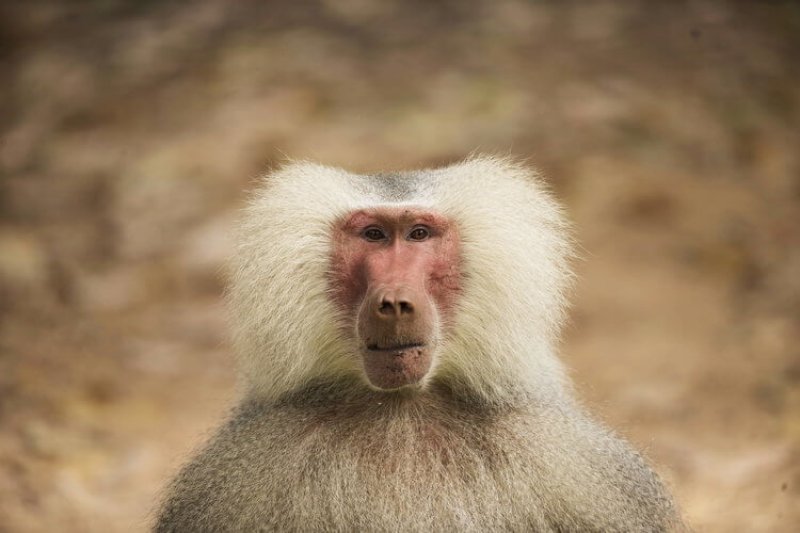In four adjacent enclosures transplantation researcher Bruno Reichart kept four happy baboons. … Most importantly, he says, they were healthy and normal—which is astonishing, given the fact that the hearts beating life in their chests were anything but normal for a baboon.
All four of the baboons that lived in Reichart’s lab at Ludwig Maximilian University of Munich had their original hearts surgically replaced with ones from genetically engineered pigs. …
Despite the fact monkeys are our evolutionary cousins and can stand in for us fairly well in experiments, nonhuman primates make for poor organ donors. … But there is one animal that is already bred and raised en masse, is easy to genetically edit and has organs eerily similar to an adult human’s: the domestic pig. …
But even though humans can give their hearts to compatible persons with little more than a side of immunosuppressants, cross-species transplantation is not so straightforward. …
Two important developments pumped hope into the field over the past few years: First, researchers such as geneticist Luhan Yang, co-founder of life sciences company eGenesis, began using the gene-editing tool CRISPR–Cas9 to remove parts of the pig genome that might harm humans or provoke an immune response. …
Then in 2016 Mohiuddin’s lab took this further by showing baboons could survive with a genetically engineered pig heart implanted into their abdomens for nearly 1,000 days—if the baboon was on a certain cocktail of immunosuppressants.
Read full, original post: Pig Hearts Successfully Transplanted into Baboons for First Time































